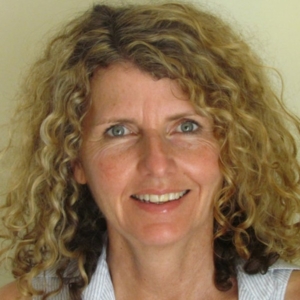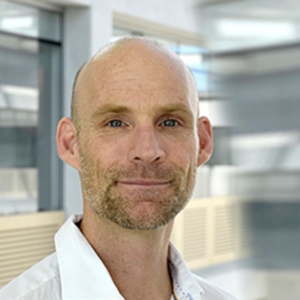The ACE-TADA research team are looking to find easier ways to assess what people eat using technology. Information on what people are eating, either at population or individual level is essential to understanding how people’s diet may be associated with health and well-being. Current methods of dietary assessment are either time-consuming to record or rely on participant memory for recalling what they eat.
Researchers, policy makers, dietitians and nutritionists study what people eat and drink, both to help individuals monitor their health and to investigate the dietary patterns of populations and how these with patterns compare with those recommended in dietary guidelines.
To insure high quality and contemporary dietary data, technological advances using images and automated methods provide new approaches to address issues of accuracy, participant burden and cost.



















